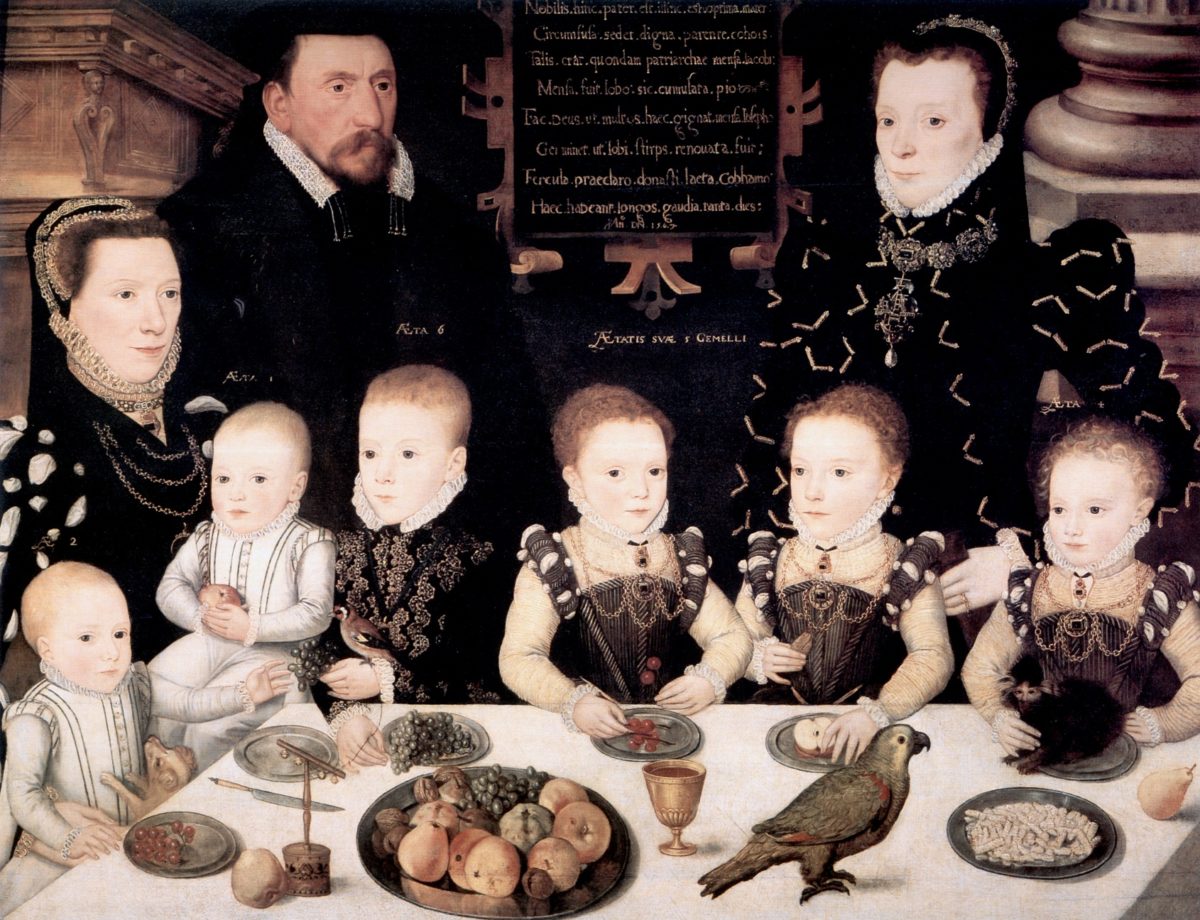Arts of Place/OCLW Annual Lecture 2023: Alexandra Walsham

‘Writing the Generations: Time, Place, and Family Memory in Early Modern England’
Wednesday 26 April, 5pm, The University of Birmingham
“England’s long Reformation was, in multiple respects, a family affair; and indeed, a family quarrel”
Our annual lecture, a collaboration between Arts of Place and OCLW, brings together thinking about place with some of the most exciting current work in the fields of biography and life-writing. Lives happen in places; places shape lives and have lives of their own.
We were delighted in 2023 to welcome one of the leading historians of our times: Alexandra Walsham, CBE, FBA, Professor of Modern History at the University of Cambridge. Her book The Reformation of the Landscape, well-thumbed on many Arts of Place bookshelves, shaped understandings of how the landscape was perceived in early modern Britain when layers of Pagan and Catholic belief and culture were written over by waves of Protestant reform. Alexandra’s new book, Generations, is out this spring, and brings a wealth of evidence from local and family archives to questions of generational identity, belief, sense of time and sense of place.
Listen to Alexandra’s extraordinary lecture below:
Read on for some highlights from the lecture.

“The generation, understood as both a social cohort and a biological unit, is a neglected site of life-writing and record-keeping. This lecture seeks to explore the significance of families of blood and faith in the preservation of the past and in the creation of legacies for posterity. By focusing on individuals and communities who derived their identities from a shared location in time, it offers a fresh perspective on the intersection between the arts of memory and the arts of place in early modern England.”
Alexandra sketches out a foundational question: what is a generation? In religious early modern England, she continues, generation “denoted origin and pedigree, community, history, chronology and eternity”. Generations were a way to plot genealogy and ancestry; they signalled “a place of abode in the fabric of time”, as well as being “singularly relevant to the story of Christianity”.
Treating the generation as a site of memory, Alexandra lecture leads us on a journey through a rich collection of ars memoriae, considering how personal texts and artefacts construct places in which the living come into contact with generations past. We are treated to the lineages traced in family bibles—personal transcriptions and scribbles demonstrative both of fecundity and decline. We are brought to engraved memorial objects; to heirlooms passed down or gone astray; and to graffiti scratched into walls. All demonstrate the exceptional biographical capacity of such objects, as well as illustrating the importance of the generation to early modern culture.
Alexandra leaves us with a poignant reminder of the strange lives of the objects and texts discussed, and invites us to consider their place within the histories of both a private and public England:
“Ironically, the presence of the manuscripts, books and objects discussed in local and national archives, libraries and museums, indicates the breaking of the generational chain that ensured their preservation down the centuries. However, it also represents their transformation into forms of public patrimony. This is sometimes a consequence of the fact that they have been detached from their original contexts, passed into the hands of collectors, and gradually shed their status as treasured possessions and talismans of genealogical memory. But sometimes it indexes the desire of individual families to find a more secure place of safekeeping, or to make these relics of their personal histories into the resources for the wider community. For all those discovered in dusty boxes, or rescued from attics festooned with dirty cobwebs, others have been lost or still remain in private hands”.
Image: William Brooke, 10th Baron Cobham and his Family, Master of the Countess of Warwick, 1567